At Asana Recovery, we recognize the importance of family in the recovery process. Our Family Therapy program is designed to rebuild trust, improve communication, and provide families with the tools needed to support their loved ones through recovery. Together, we work to create a foundation for long-term healing for both the individual and their family.
Addiction affects not only the individual but also their family members, often creating emotional, psychological, and even financial strains.
Family Therapy at Asana Recovery helps loved ones understand the nature of addiction, rebuild trust, and establish healthy dynamics. This support strengthens the recovery process, allowing families to move forward together.
Our Family Therapy sessions are guided by licensed therapists who specialize in addiction and family dynamics. These sessions focus on:
Our Family Therapy sessions are guided by licensed therapists who specialize in addiction and family dynamics. These sessions focus on:
Education on Addiction:
Families learn about the science of addiction and its impact on behavior, emotions, and relationships.
Communication Skills:
We work to develop open, honest, and supportive communication that promotes understanding.
Setting Boundaries:
Establishing healthy boundaries helps family members support their loved one’s recovery without enabling negative behaviors.
Conflict Resolution:
Therapy provides tools for resolving conflicts and moving past difficult experiences together.
Call for Help Today:

If you’re currently struggling with drugs or alcohol, that addiction is life threatening. Drug and alcohol detox gets you clean or sober, using either a social approach where you quit and go through withdrawal, or a medication assisted treatment program.
Asana Recovery uses both options, which will be recommended based on the amount of substance you’re using, which substances you’re using, and your mental and physical health.
Detox normally involves staying at our clinic where you can be monitored and given the medical attention to move through withdrawal safely.
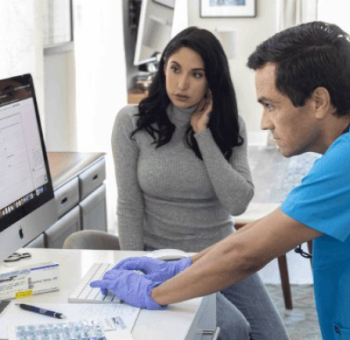
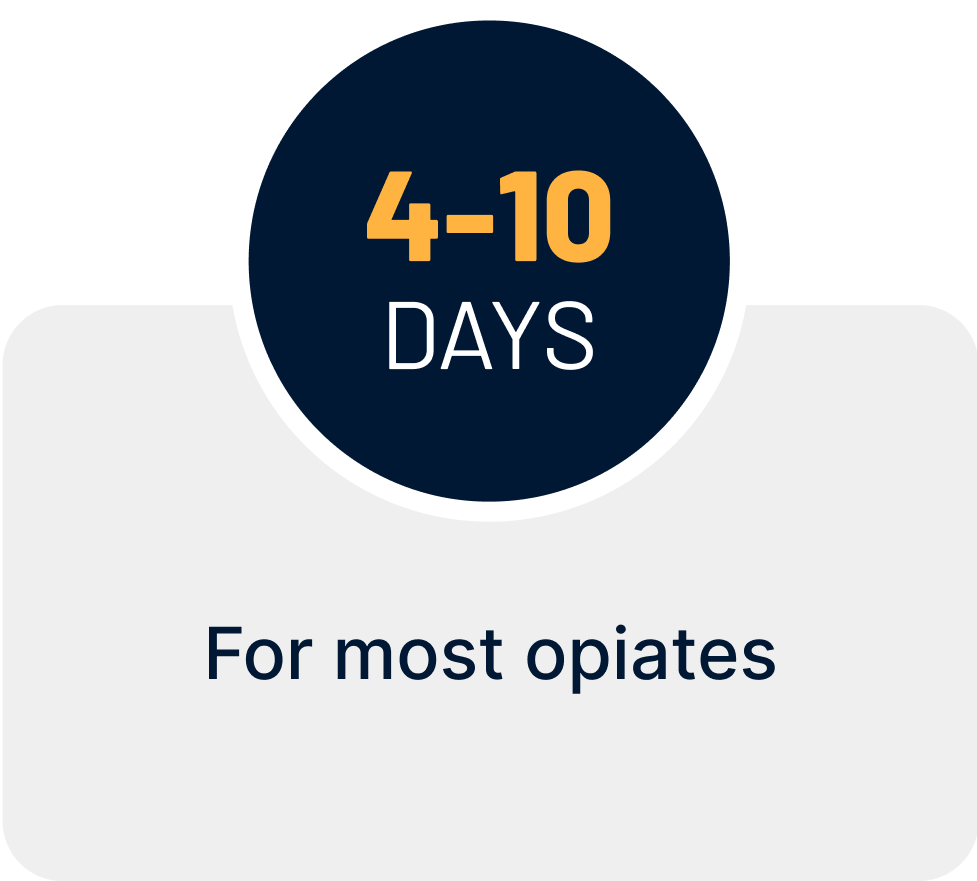
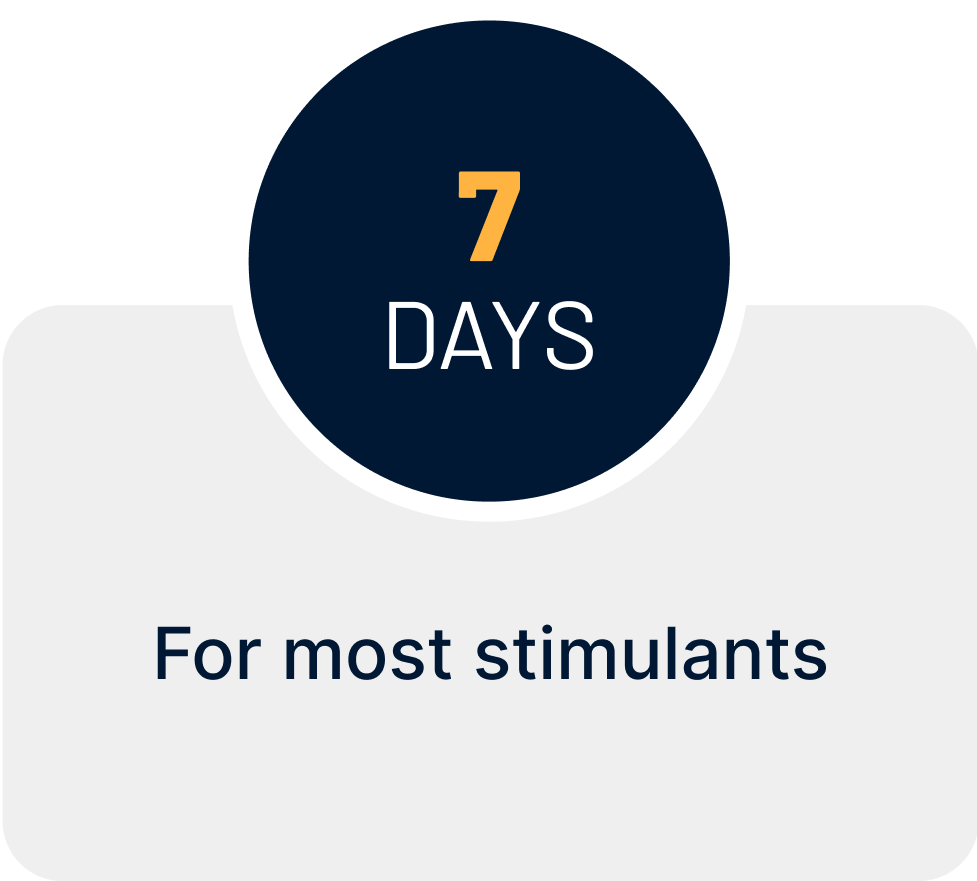
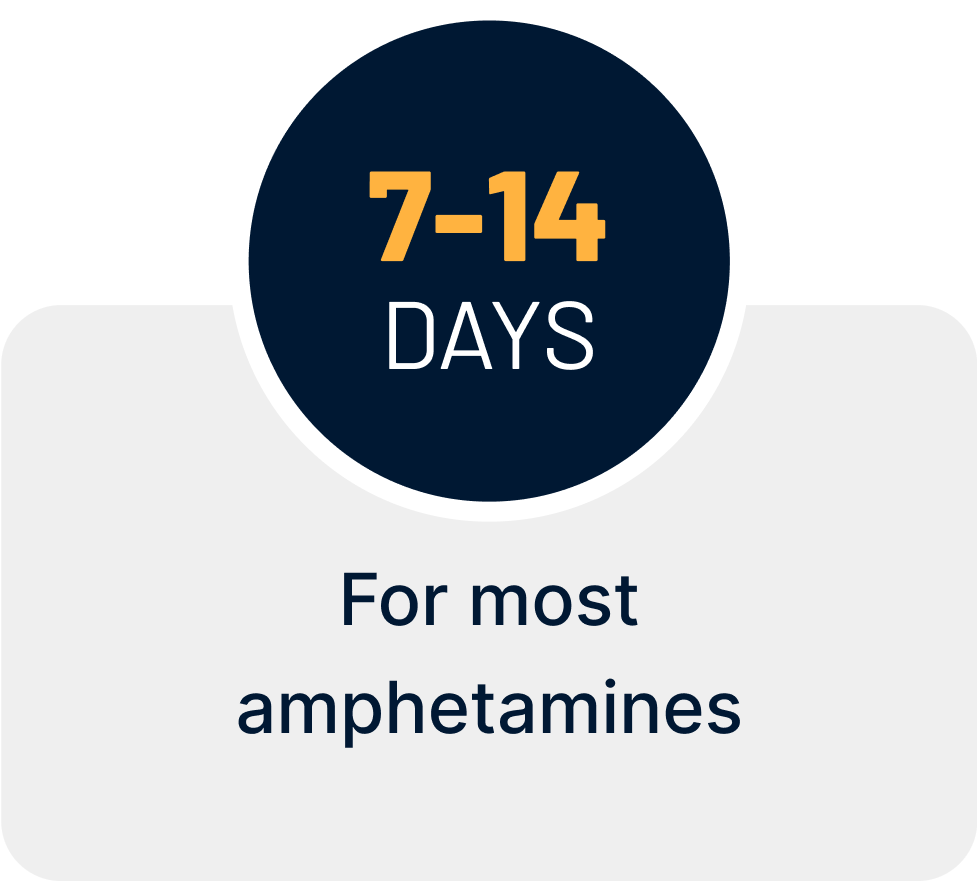


In addition, if you’re addicted to a benzodiazepine, you may be asked to go onto a tapering schedule. This can significantly extend the detox period, because you will sometimes spend several weeks on detox instead of the standard 7-14 days.
Asana Recovery provides intimate residential treatment in Orange County, California, with no more than 6 clients per facility to ensure highly personalized care. Our comprehensive treatment approach combines evidence-based therapies with holistic healing methods to address addiction and co-occurring mental health disorders
Our program utilizes multiple therapeutic modalities including Cognitive Behavioral Therapy (CBT), Dialectical Behavior Therapy (DBT), group therapy, and family therapy sessions. These core treatments are enhanced by holistic therapies such as art therapy, yoga, mindfulness practices, and recreational activities. Their biological, psychological, and social (BPS) approach creates an integrated healing environment where clients can develop essential recovery skills while receiving individualized attention from the clinical team.

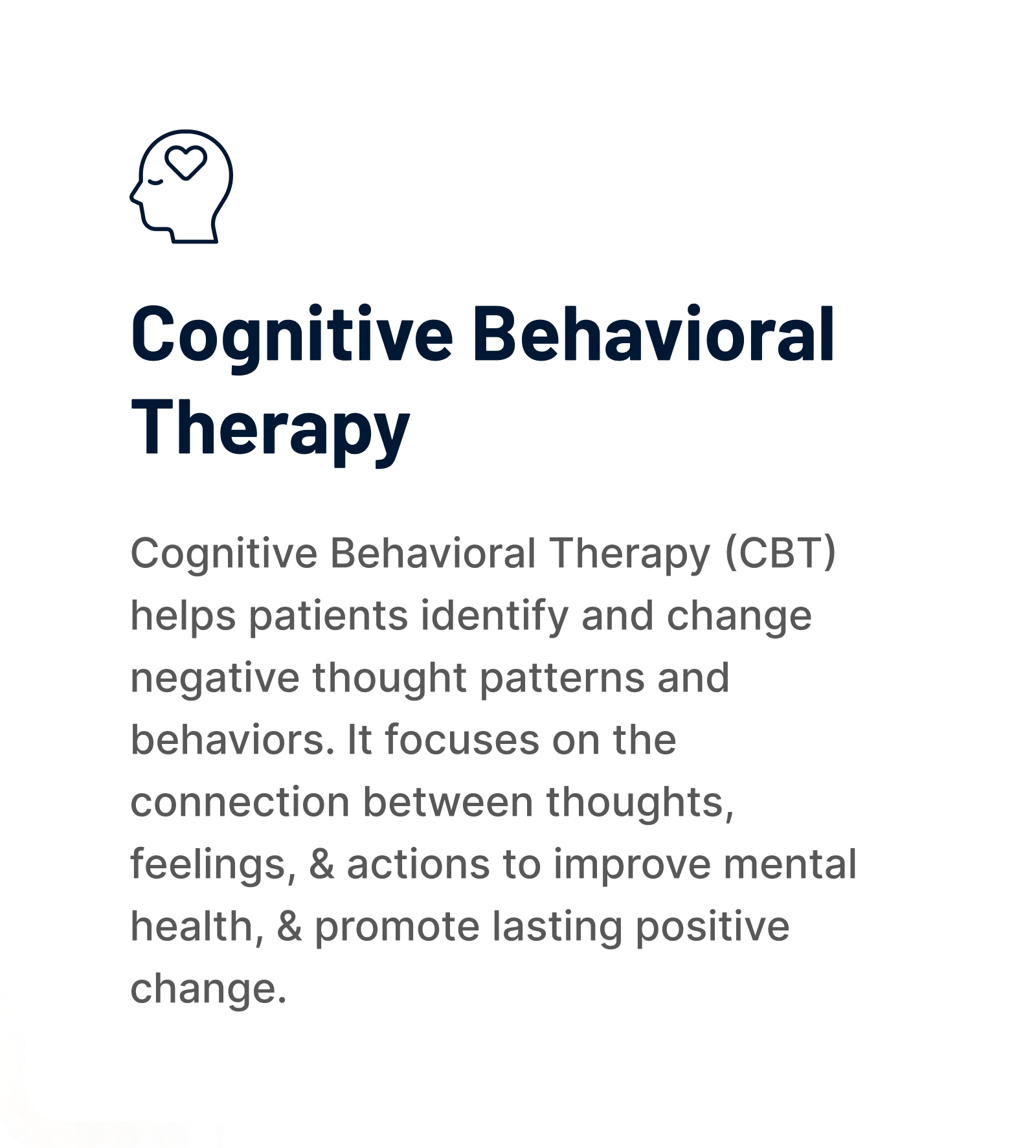

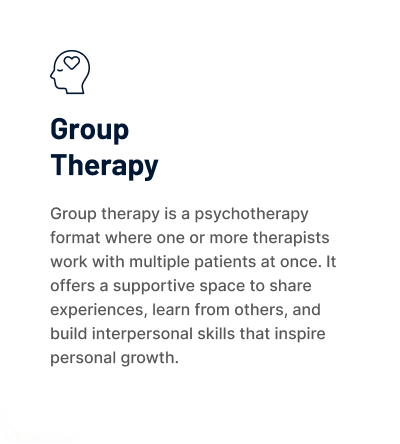
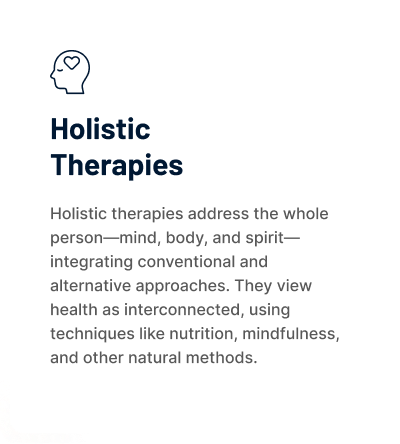

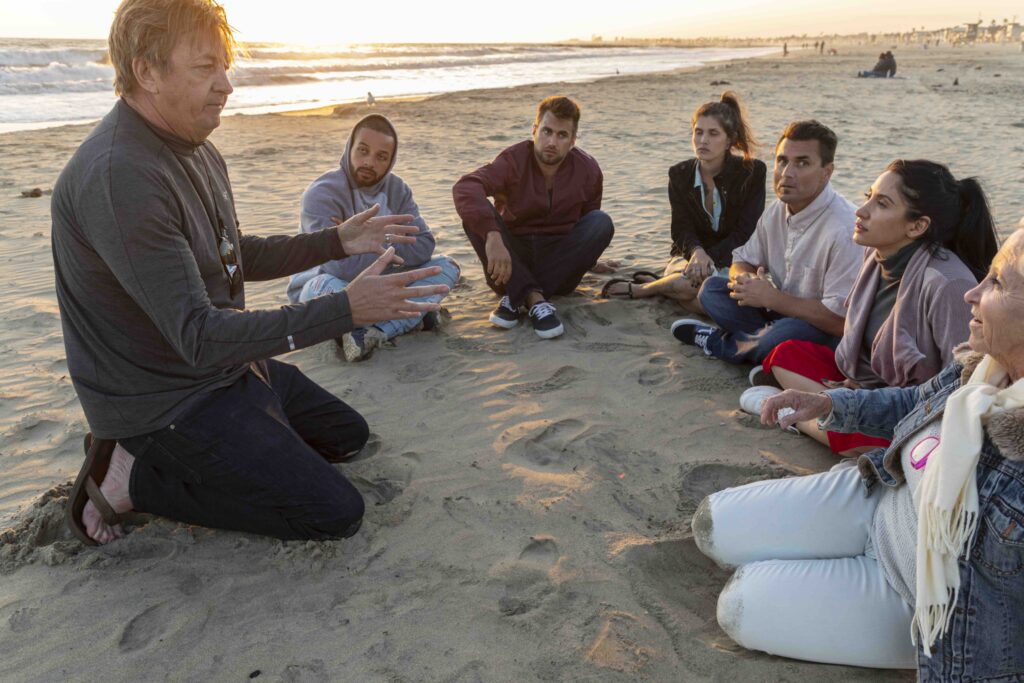
Research shows that approximately 50% of individuals with substance use disorders have co-occurring mental health conditions. This high rate of comorbidity requires an integrated treatment approach, as both conditions significantly impact each other. When mental health issues go untreated, substance abuse typically worsens, and conversely, substance use can exacerbate mental health problems.
Many individuals develop substance use problems while attempting to self-medicate symptoms of depression, anxiety, or trauma. Studies indicate that only 8.3% of adults with co-occurring disorders receive integrated treatment for both conditions
The most effective approach is concurrent treatment of both mental health and addiction by the same clinical team, which leads to better outcomes, reduced relapse rates, and improved long-term recovery success.

Research shows that addressing physical health and nutrition during substance use disorder treatment is crucial for recovery success. Poor nutrition and physical health issues can lead to treatment dropout and increased relapse risk, while improvements in physical health enhance motivation and quality of life during addiction treatment.
Substance use typically leads to nutrient deficiencies, damaged organs, decreased immunity, and poor eating patterns. These issues can threaten both physical and mental health, impacting vital organs and the nervous system. Additionally, different substances affect nutrition and metabolism differently – opioids impact gastrointestinal function, stimulants reduce appetite, and alcohol can cause severe nutritional deficiencies.
Treatment at Asana Recovery includes a nutritional assessment, balanced meals, and physical health monitoring to support healing and maintain long-term recovery.

Research shows that addressing spiritual health during substance use disorder treatment is a significant factor in recovery success. Studies indicate that spirituality can be approached through various pathways, including traditional 12-step programs like AA, secular programs like SMART Recovery, or holistic approaches that integrate mind, body, and spirit connections.
While AA emphasizes spiritual awakening as a key recovery mechanism, SMART Recovery offers a science-based alternative that allows individuals to incorporate their own spiritual beliefs as they see fit. Holistic approaches acknowledge that spiritual wellness, alongside physical and mental health, plays a vital role in comprehensive healing
Studies demonstrate that individuals who engage in spiritual practices during treatment show better outcomes, regardless of their chosen spiritual path. The key is providing options that respect individual beliefs.
A mental health disorder will almost always mean that you need long-term care and treatment to stay in recovery. At Asana Recovery, we understand that you should always have someone to talk to in case things go wrong. Mental health disorders will always mean that you will have bad days, you are more vulnerable to relapse, and you need ongoing mental healthcare and counseling. Asana Recovery can help you on this journey, offering support, ongoing counseling, and help finding local support groups.
Every aspect of dual diagnosis treatment has to be personalized to treat your specific mental health problems, as they impact you when you move into treatment and as you progress through treatment. At Asana Recovery, we take that seriously.


Partial Hospitalization Program (PHP) is an intensive outpatient treatment option that bridges the gap between inpatient care and traditional outpatient services. The program typically operates 5-7 days per week, with sessions lasting 4-6 hours daily, providing a minimum of 20 hours of weekly treatment.
During PHP, patients receive comprehensive care including individual therapy, group therapy, medication management, and psychiatric services while returning home each evening. This allows them to maintain daily responsibilities while receiving structured treatment. The program is ideal for individuals who have completed inpatient care, need more support than traditional outpatient treatment, or have a stable living environment but require intensive therapeutic intervention.
Intensive Outpatient Program (IOP) is a structured treatment option that bridges the gap between inpatient care and traditional outpatient services. The program typically provides 9-19 hours of weekly treatment while allowing clients to maintain their daily responsibilities like work, school, or family obligations.
IOP offers comprehensive care through various therapeutic interventions, including individual counseling, group therapy, family therapy, and psychoeducation sessions. Treatment focuses on substance use disorders, mental health conditions, or co-occurring disorders that don’t require 24-hour supervision or medical detoxification..

Start your recovery journey with us at Asana Recovery, where we prioritize your well-being and provide a welcoming environment for you to heal.
Begin your healing journey today. Fill out the confidential form to find out if your insurance covers you for treatment.
Addiction is a disease that rarely affects just one person—it ripples through families, altering relationships, creating stress, and often leaving loved ones feeling helpless. However, the involvement of family in addiction recovery can be transformative. Studies consistently show that individuals with strong family support are more likely to adhere to treatment, avoid relapse, and achieve long-term sobriety. Beyond these benefits for the recovering individual, family members themselves gain valuable insights into addiction and learn healthier ways to cope with its challenges.
Family involvement can take many forms, from providing emotional support to actively participating in therapy sessions. It fosters accountability, reinforces positive behaviors, and creates a healthier home environment conducive to recovery. When families engage in the recovery process, they not only help their loved one but also begin their own journey of healing from the effects of addiction.
Family therapy is a specialized form of counseling aimed at addressing the dynamics within a family that may contribute to or be affected by substance use disorders. It recognizes that addiction is not an isolated issue but one deeply rooted in relationships and environments. The goal is to strengthen family bonds, improve communication, and foster mutual understanding.
Through family therapy, participants learn how to identify enabling behaviors, resolve conflicts, and establish new routines that support sobriety. It also provides a safe space for addressing past wounds and creating strategies for moving forward as a cohesive unit. This approach is particularly effective for families with adolescents or young adults struggling with substance use disorders, where parental involvement plays a critical role in treatment outcomes.
At Asana Recovery, family therapy is not just an ancillary service—it’s a cornerstone of their comprehensive approach to addiction treatment. Located in Orange County, California, Asana Recovery offers evidence-based therapies combined with holistic practices to address the biological, psychological, and social aspects of addiction. Their multidimensional family therapy model is designed to meet the unique needs of each client and their loved ones.
Asana Recovery’s programs emphasize open communication and emotional healing within families. Therapists work closely with clients and their families to rebuild trust, resolve conflicts, and foster healthier interactions. Additionally, they provide education about addiction and recovery, empowering families to become active participants in their loved one’s journey toward sobriety.
Holistic therapies such as yoga, art therapy, and mindfulness practices are integrated into treatment plans to promote overall well-being. These activities not only benefit the individual in recovery but also create opportunities for families to bond and experience healing together. By addressing the root causes of addiction and equipping families with tools for long-term success, Asana Recovery ensures a supportive environment for sustainable recovery.
Family therapy is a specialized form of psychotherapy that involves multiple family members participating in structured sessions to address issues related to addiction. This therapeutic approach recognizes that addiction does not only affect the individual struggling with substance use but also has profound implications for the entire family unit. By focusing on the interactions and dynamics within families, family therapy aims to improve communication, resolve conflicts, and foster a supportive environment that can enhance recovery outcomes.
The theoretical foundation of family therapy is rooted in systems theory, which views the family as an interconnected system where each member influences and is influenced by others. This perspective emphasizes that problems within a family, including those stemming from addiction, are often the result of dysfunctional interaction patterns rather than the actions of a single individual. Key concepts include understanding how these dynamics contribute to substance use and addressing them through targeted interventions.
Family therapy employs various techniques, such as role-playing and communication exercises, to facilitate healthier interactions among family members. The goal is to create a safe space for open dialogue where feelings can be expressed without judgment, leading to greater empathy and understanding among family members.
The primary goals of family therapy in the context of addiction treatment are multifaceted. First and foremost, it seeks to improve communication among family members. Effective communication is crucial for addressing misunderstandings and fostering a supportive atmosphere conducive to recovery. Additionally, family therapy aims to support recovery by educating family members about addiction as a disease and providing them with tools to help their loved ones navigate their recovery journey.
Another significant goal is to heal familial relationships that may have been strained due to addiction. By addressing underlying issues and promoting healthy boundaries, family therapy helps rebuild trust and strengthen bonds within the family unit. This holistic approach not only benefits the individual in recovery but also enhances overall family functioning.
Research has consistently demonstrated the effectiveness of family therapy in treating addiction. Studies indicate that involving family members in the treatment process leads to improved recovery outcomes, reduced relapse rates, and enhanced familial relationships. For instance, evidence suggests that individuals who participate in family therapy are more likely to maintain their sobriety compared to those who undergo individual-focused therapies alone.
Moreover, family therapy provides education on substance use disorders, helping families understand the complexities of addiction. This knowledge fosters compassion and reduces stigma, allowing families to adopt healthier communication strategies and support mechanisms. By creating a united front against addiction, families can significantly increase their loved one’s chances of sustained recovery.
In conclusion, family therapy serves as a vital component of addiction treatment by addressing both the individual and systemic factors contributing to substance use issues. Through improved communication, enhanced support systems, and healing relationships, this therapeutic approach not only aids individuals in their recovery journey but also promotes overall familial health and resilience.
Addiction is a complex issue that extends far beyond the individual struggling with substance use. The ripple effects of addiction can profoundly impact family members, leading to emotional turmoil, financial strain, and relational discord. Understanding these impacts is crucial for addressing the broader implications of substance use disorders (SUDs) within families.
The emotional burden of addiction on family members is significant. Loved ones often experience a range of feelings, including anger, frustration, anxiety, and guilt. This emotional turmoil can lead to a sense of isolation, as family members may feel they cannot share their struggles with others due to stigma or fear of judgment. Trust erodes as the addict’s behavior becomes unpredictable and deceptive, creating an environment fraught with tension and conflict. Communication often breaks down, making it difficult for families to express their concerns and support one another effectively.
Financial challenges are another critical consequence of addiction. The costs associated with purchasing substances can lead to severe economic hardship for families. This financial strain may manifest in various ways, such as job loss, bankruptcy, or reliance on public assistance. Families may find themselves in a cycle of financial instability exacerbated by the addiction itself, which can further complicate recovery efforts.
Addiction can fundamentally alter family dynamics. Relationships often suffer as family members take on new roles—such as enablers or scapegoats—within the context of addiction. The stress of managing these roles can lead to resentment and conflict among family members. For children, having a parent with a substance use disorder can be particularly devastating; statistics indicate that one in eight children has a parent struggling with addiction. These children may face neglect, emotional distress, and long-term psychological effects that hinder their development and well-being.
To better understand how addiction affects families, it is helpful to consider the concept of Family Systems Theory. This theory posits that individuals cannot be fully understood in isolation from their family context; rather, they exist within a complex web of relationships where each member’s behavior influences the others. In the realm of addiction recovery, this means that addressing the entire family system is essential for effective treatment.
Family Systems Theory highlights how dysfunctional patterns—such as poor communication and unclear boundaries—can contribute to the development and perpetuation of substance use disorders. Therapists employing this approach work not only with the individual struggling with addiction but also with their family members to identify and address systemic issues that hinder recovery. Techniques such as genograms and communication exercises are utilized to foster healthier dynamics and improve overall family functioning.
Family therapy plays a crucial role in addiction treatment by addressing the complex dynamics within families affected by substance use disorders (SUDs). Various therapeutic approaches are tailored to meet the unique needs of families, enhancing recovery outcomes for both individuals and their loved ones. Below, we explore several prominent types of family therapy utilized in addiction treatment.
Behavioral Couples Therapy (BCT) is designed specifically for married or cohabitating couples where one partner struggles with substance use. This approach focuses on restructuring dysfunctional interactions that often perpetuate substance abuse. One of the key components of BCT is the “Recovery Contract,” which involves creating agreements between partners that outline expectations and rewards for maintaining sobriety. This contract not only supports abstinence but also fosters a collaborative environment where both partners can work towards healthier relationship dynamics. Studies have shown that couples participating in BCT experience greater reductions in substance use and improved relationship satisfaction compared to those receiving individual therapy.
Family Behavior Therapy (FBT) offers a menu-based treatment approach that addresses family dynamics while promoting recovery. This therapy is effective for both adults and adolescents, emphasizing the importance of involving family members in the treatment process. FBT incorporates various strategies, including vocational skills training and communication skills enhancement, to help families navigate the challenges associated with addiction. By focusing on the entire family unit, FBT aims to create a supportive environment that fosters long-term recovery and addresses co-occurring issues such as depression or conduct disorders.
Functional Family Therapy (FFT) is another evidence-based approach that emphasizes improving family interactions and resolving conflicts. FFT typically consists of around 12 sessions where therapists work closely with families to identify strengths and protective factors while addressing risk factors that contribute to substance use. The goal is to enhance communication, establish healthy boundaries, and motivate family members toward positive behavior changes. This method has proven particularly effective for adolescents dealing with substance use issues, as it creates a structured environment for families to engage in meaningful dialogue and support.
Multisystemic Therapy (MST) takes a comprehensive approach to treating adolescents with severe substance use disorders and co-occurring issues. MST recognizes that addiction does not exist in isolation; rather, it is influenced by various systems, including family, peers, school, and community. This therapy involves intensive interventions that engage multiple aspects of a young person’s life, aiming to empower families to address the underlying issues contributing to substance use. By working collaboratively with families and other support systems, MST seeks to create sustainable change that promotes recovery.
Community Reinforcement and Family Training (CRAFT) is an innovative approach aimed at helping families motivate their loved ones to seek treatment for addiction. CRAFT focuses on teaching family members positive reinforcement techniques to encourage sobriety while also addressing their own emotional well-being. This program typically involves weekly sessions over several weeks, where families learn effective communication strategies and ways to improve their relationships with the individual struggling with addiction. Research indicates that CRAFT significantly increases the likelihood of engaging loved ones in treatment, making it a valuable resource for families navigating the challenges of addiction.
In conclusion, family therapy encompasses a variety of approaches tailored to address the unique dynamics within families affected by addiction. Each type—whether BCT, FBT, FFT, MST, or CRAFT—offers distinct benefits aimed at fostering recovery not just for the individual but for the entire family unit. By engaging in these therapeutic modalities, families can work towards healing and rebuilding their relationships while supporting their loved ones on the path to recovery.

Family therapy has emerged as a vital component in the recovery process for individuals battling addiction. This therapeutic approach not only addresses the needs of the person in recovery but also fosters healthier dynamics within the family unit. The benefits of family therapy are profound, impacting treatment retention, relapse prevention, communication, support systems, and overall family health.
One of the most significant advantages of family therapy is its ability to enhance treatment retention. Research indicates that individuals who engage in family therapy are more likely to remain committed to their treatment programs. The involvement of family members creates a supportive environment that encourages individuals to stay engaged and focused on their recovery goals. This support system increases accountability, as loved ones can help monitor progress and provide motivation during challenging times. Consequently, the likelihood of completing treatment and achieving long-term sobriety is markedly improved when families are involved in the recovery process.
Family therapy plays a crucial role in reducing the risk of relapse among individuals recovering from addiction. By fostering open communication and understanding within the family, therapy helps to identify potential triggers and stressors that could lead to substance use. Families learn to recognize these challenges and develop strategies to address them collectively. This proactive approach not only equips individuals with coping mechanisms but also reinforces their commitment to sobriety, significantly lowering the chances of returning to substance use.
Effective communication is fundamental in any relationship, and family therapy provides a structured environment for improving these skills. Family members learn how to express their feelings, needs, and boundaries more clearly, which can lead to healthier interactions. Therapy sessions often focus on resolving past conflicts and addressing maladaptive communication patterns that may have contributed to the addiction in the first place. As families become more adept at discussing difficult topics without hostility or blame, they create a more harmonious living environment conducive to recovery.
The emotional support provided by family members is invaluable during the recovery journey. Family therapy helps relatives understand the complexities of addiction, fostering empathy and compassion toward their loved one. This understanding enables families to offer unwavering support and encouragement, which can bolster an individual’s resolve to stay sober. Knowing that they have a strong support system can significantly enhance an individual’s motivation to adhere to their recovery plan and navigate the challenges they face.
Finally, family therapy contributes to the development of healthier family dynamics and coping strategies. Through guided discussions and exercises, families learn how to establish boundaries, reinforce positive behaviors, and cultivate a nurturing environment. These new dynamics not only benefit the individual in recovery but also promote overall family well-being. By addressing underlying issues and fostering resilience, families can emerge stronger and more unified after navigating the difficult journey of addiction together.
Asana Recovery is dedicated to providing a holistic and comprehensive approach to addiction treatment, with a strong emphasis on family therapy. Recognizing the critical role that family dynamics play in the recovery process, Asana integrates family therapy into its programs, ensuring that clients receive support not just from professionals, but also from their loved ones.
At Asana Recovery, the journey begins with comprehensive assessments that allow for the creation of personalized treatment plans. Each client undergoes an in-depth evaluation to identify their unique needs and circumstances. This tailored approach ensures that therapy is relevant and effective, addressing both individual challenges and family dynamics. By customizing treatment plans, Asana enhances the likelihood of successful outcomes, fostering a supportive environment for recovery.
One of the standout features of Asana Recovery is its commitment to maintaining low client-to-staff ratios. This structure allows for more personalized care, enabling therapists and counselors to dedicate ample time to each client. The result is a nurturing atmosphere where individuals feel valued and understood, which is particularly important in family therapy settings. This personalized attention helps facilitate deeper connections during therapy sessions, allowing families to work through their issues more effectively.
Asana Recovery employs evidence-based therapies such as Behavioral Couples Therapy (BCT) and Family-Based Therapy (FBT), which are proven to enhance communication and resolve conflicts within families. These therapies focus on improving relationships by addressing the underlying issues that contribute to addiction. By utilizing scientifically validated methods, Asana ensures that clients benefit from approaches that have demonstrated effectiveness in promoting long-term recovery.
In addition to traditional therapeutic methods, Asana Recovery incorporates holistic therapies into its treatment programs. Activities such as yoga and mindfulness practices are integrated into the schedule to support emotional well-being. These holistic approaches not only enhance physical health but also promote mental clarity and emotional resilience. By addressing the whole person—mind, body, and spirit—Asana fosters a comprehensive healing environment that benefits both clients and their families.
Family participation is a cornerstone of the recovery process at Asana Recovery. The facility encourages family members to be actively involved throughout their loved one’s journey. This involvement can take many forms, from attending therapy sessions together to participating in educational workshops aimed at understanding addiction and recovery. By fostering open communication and collaboration among family members, Asana helps create a strong support network that is essential for sustained recovery.
Family therapy has emerged as a crucial component in addiction recovery, particularly within California’s diverse landscape. Asana Recovery, with its multiple locations across the state, exemplifies how integrated family therapy can facilitate healing and support for individuals grappling with substance use disorders.
In Costa Mesa, Asana Recovery stands out for its commitment to accessibility, particularly through its Partial Hospitalization Program (PHP). This program offers intensive outpatient therapy without the need for overnight stays, allowing clients to engage in structured treatment while maintaining some daily independence. Family therapy is a vital part of this program, providing a platform for family members to communicate openly about their experiences and challenges related to addiction. By involving families in the treatment process, Asana fosters a supportive environment that enhances recovery outcomes.
Asana Recovery has established itself as a leader in family therapy within Orange County. The serene and supportive environment of their facilities promotes emotional healing and recovery. The therapeutic approach at Asana emphasizes not only individual treatment but also the importance of family dynamics. Family therapy sessions are designed to help families rebuild trust and improve communication, which are essential for long-term recovery. This holistic approach acknowledges that addiction affects not just the individual but also their loved ones, making family involvement critical.
In Fountain Valley, Asana Recovery tailors its specialized programs to meet local community needs. This includes a focus on family dynamics that are often disrupted by addiction. By offering targeted family therapy sessions, Asana helps families navigate the complexities of addiction together. These sessions are designed to address specific issues that arise within families affected by substance use, creating a safe space for dialogue and healing. The emphasis on local community needs ensures that the therapy provided is relevant and impactful.
Huntington Beach offers a unique backdrop for recovery with its tranquil coastal setting. The natural beauty of the area enhances the therapeutic experience, making family therapy sessions more effective. The calming environment allows families to engage in discussions about their challenges without the distractions of urban life. Asana Recovery leverages this setting by incorporating outdoor activities into their family therapy programs, which can foster bonding and emotional healing among family members.
Across California, Asana Recovery positions itself as a leading provider of family therapy services. Their evidence-based and client-focused approach ensures that treatment plans are tailored to meet individual and familial needs. By integrating family therapy into their comprehensive treatment offerings, Asana addresses the biological, psychological, and social aspects of addiction recovery. This holistic model not only aids individuals in their journey toward sobriety but also strengthens familial bonds, creating a supportive network essential for sustained recovery.
In conclusion, family therapy is an indispensable part of the recovery process at Asana Recovery facilities throughout California. By emphasizing accessibility, community needs, serene environments, and evidence-based practices, Asana Recovery exemplifies how effective family involvement can significantly enhance recovery outcomes for individuals struggling with addiction.
At Asana Recovery, we believe that addiction recovery is not just about the individual—it’s about the entire family finding healing and strength together. Our tailored family therapy programs are designed to rebuild trust, improve communication, and foster a supportive environment that empowers lasting recovery. With our evidence-based therapies, holistic practices, and compassionate care, you and your loved ones can navigate the complexities of addiction recovery as a united front.
Don’t wait to transform your family’s future. Contact Asana Recovery today to learn more about our family therapy programs, schedule a consultation, or verify your insurance. Let us help you build a healthier, stronger, and more connected family—one step at a time. Together, we can turn the pain of addiction into a story of resilience and hope.

Family therapy plays a critical role in addiction recovery by improving communication, fostering emotional support, and reducing enabling behaviors. Through structured sessions, individuals and their families address unresolved conflicts and establish healthier dynamics that encourage sobriety. Therapy also equips the family with tools to recognize triggers and set boundaries, providing a stable and supportive environment. Additionally, the recovering individual gains a better understanding of their addiction’s impact on loved ones, fostering accountability and strengthening their commitment to recovery.
Asana Recovery integrates evidence-based therapies with holistic practices to create a tailored family therapy experience. Therapists facilitate open dialogues, rebuild trust, and teach practical coping mechanisms, ensuring every session addresses specific family dynamics. Educational workshops empower families with knowledge about addiction, while experiential therapies like mindfulness and art foster emotional healing. This multifaceted approach ensures that therapy benefits not only the individual but the entire family unit, promoting collective recovery.
Family therapy often transforms fractured relationships into supportive networks essential for recovery. For example, one family participating in therapy resolved years of miscommunication and developed a relapse-prevention plan. The sessions also educated them on enabling behaviors, empowering the family to support sobriety effectively. Another family utilized therapy to address co-occurring mental health conditions, significantly improving both communication and emotional well-being. These success stories highlight how family therapy strengthens bonds and creates an environment conducive to long-term recovery.
Asana Recovery specializes in dual diagnosis treatment, integrating family therapy into personalized plans that address both addiction and co-occurring mental health conditions. Therapists use approaches like Cognitive Behavioral Therapy (CBT) and trauma-informed care to manage symptoms holistically. Family members are educated on these dual challenges, enabling them to provide targeted support. By fostering open communication and addressing underlying issues, Asana Recovery creates a comprehensive treatment strategy that enhances overall recovery outcomes.
Holistic therapies are integral to Asana Recovery’s family therapy program, offering tools to address the emotional and psychological impacts of addiction. Practices such as yoga, mindfulness, and art therapy help families connect on a deeper level while reducing stress and promoting resilience. These therapies also encourage self-care for both the recovering individual and their family, fostering an environment of collective healing. By addressing mind, body, and spirit, holistic therapies enhance the overall effectiveness of family therapy.
Family therapy for addiction operates on principles of systemic understanding, empowerment, and interdependence. It views the family as a unit where each member’s behavior influences others. Therapy focuses on improving relationships, identifying and changing unhealthy patterns, and fostering mutual accountability. Techniques such as role-playing and communication exercises help rebuild trust and establish healthier dynamics, creating a foundation for sustainable recovery.
Family systems therapy is seamlessly integrated into addiction treatment plans at Asana Recovery by addressing the interconnectedness of family members. Assessments identify dysfunctional dynamics, while therapy sessions focus on improving communication and resolving conflicts. Strategies like role-playing and collaborative problem-solving equip families to support their loved one effectively. This holistic approach enhances treatment adherence, reduces relapse risk, and promotes emotional healing within the entire family unit.
The “Recovery Contract” is a cornerstone of Behavioral Couples Therapy (BCT), fostering accountability and mutual support. It involves daily commitments to sobriety, supported by a partner who reinforces these efforts. The contract also includes adherence to treatment plans and conflict management strategies, helping couples navigate recovery collaboratively. Research shows that BCT participants experience lower relapse rates and improved relationship satisfaction, underscoring the contract’s critical role in recovery.
Family therapy enhances communication by teaching active listening, assertiveness, and the use of “I” statements to express emotions constructively. Therapists guide families through reflective responses and problem-solving exercises, reducing misunderstandings and fostering empathy. These techniques strengthen emotional bonds, rebuild trust, and create a supportive atmosphere where open dialogue thrives, ultimately contributing to a more harmonious family dynamic.
Asana Recovery’s family therapy programs begin with a detailed assessment to understand each family’s unique challenges. Therapy plans are customized to include evidence-based approaches, educational workshops, and holistic activities tailored to the family’s specific needs. Structured sessions focus on rebuilding trust, improving communication, and addressing enabling behaviors. By integrating family members into the recovery journey, Asana Recovery ensures a collaborative approach that fosters long-term healing and sobriety.

Asana Recovery
We firmly believe that the internet should be available and accessible to anyone, and are committed to providing a website that is accessible to the widest possible audience, regardless of circumstance and ability.
To fulfill this, we aim to adhere as strictly as possible to the World Wide Web Consortium’s (W3C) Web Content Accessibility Guidelines 2.1 (WCAG 2.1) at the AA level. These guidelines explain how to make web content accessible to people with a wide array of disabilities. Complying with those guidelines helps us ensure that the website is accessible to all people: blind people, people with motor impairments, visual impairment, cognitive disabilities, and more.
This website utilizes various technologies that are meant to make it as accessible as possible at all times. We utilize an accessibility interface that allows persons with specific disabilities to adjust the website’s UI (user interface) and design it to their personal needs.
Additionally, the website utilizes an AI-based application that runs in the background and optimizes its accessibility level constantly. This application remediates the website’s HTML, adapts Its functionality and behavior for screen-readers used by the blind users, and for keyboard functions used by individuals with motor impairments.
If you’ve found a malfunction or have ideas for improvement, we’ll be happy to hear from you. You can reach out to the website’s operators by using the following email
Our website implements the ARIA attributes (Accessible Rich Internet Applications) technique, alongside various different behavioral changes, to ensure blind users visiting with screen-readers are able to read, comprehend, and enjoy the website’s functions. As soon as a user with a screen-reader enters your site, they immediately receive a prompt to enter the Screen-Reader Profile so they can browse and operate your site effectively. Here’s how our website covers some of the most important screen-reader requirements, alongside console screenshots of code examples:
Screen-reader optimization: we run a background process that learns the website’s components from top to bottom, to ensure ongoing compliance even when updating the website. In this process, we provide screen-readers with meaningful data using the ARIA set of attributes. For example, we provide accurate form labels; descriptions for actionable icons (social media icons, search icons, cart icons, etc.); validation guidance for form inputs; element roles such as buttons, menus, modal dialogues (popups), and others. Additionally, the background process scans all the website’s images and provides an accurate and meaningful image-object-recognition-based description as an ALT (alternate text) tag for images that are not described. It will also extract texts that are embedded within the image, using an OCR (optical character recognition) technology. To turn on screen-reader adjustments at any time, users need only to press the Alt+1 keyboard combination. Screen-reader users also get automatic announcements to turn the Screen-reader mode on as soon as they enter the website.
These adjustments are compatible with all popular screen readers, including JAWS and NVDA.
Keyboard navigation optimization: The background process also adjusts the website’s HTML, and adds various behaviors using JavaScript code to make the website operable by the keyboard. This includes the ability to navigate the website using the Tab and Shift+Tab keys, operate dropdowns with the arrow keys, close them with Esc, trigger buttons and links using the Enter key, navigate between radio and checkbox elements using the arrow keys, and fill them in with the Spacebar or Enter key.Additionally, keyboard users will find quick-navigation and content-skip menus, available at any time by clicking Alt+1, or as the first elements of the site while navigating with the keyboard. The background process also handles triggered popups by moving the keyboard focus towards them as soon as they appear, and not allow the focus drift outside it.
Users can also use shortcuts such as “M” (menus), “H” (headings), “F” (forms), “B” (buttons), and “G” (graphics) to jump to specific elements.
We aim to support the widest array of browsers and assistive technologies as possible, so our users can choose the best fitting tools for them, with as few limitations as possible. Therefore, we have worked very hard to be able to support all major systems that comprise over 95% of the user market share including Google Chrome, Mozilla Firefox, Apple Safari, Opera and Microsoft Edge, JAWS and NVDA (screen readers).
Despite our very best efforts to allow anybody to adjust the website to their needs. There may still be pages or sections that are not fully accessible, are in the process of becoming accessible, or are lacking an adequate technological solution to make them accessible. Still, we are continually improving our accessibility, adding, updating and improving its options and features, and developing and adopting new technologies. All this is meant to reach the optimal level of accessibility, following technological advancements. For any assistance, please reach out to